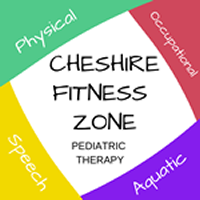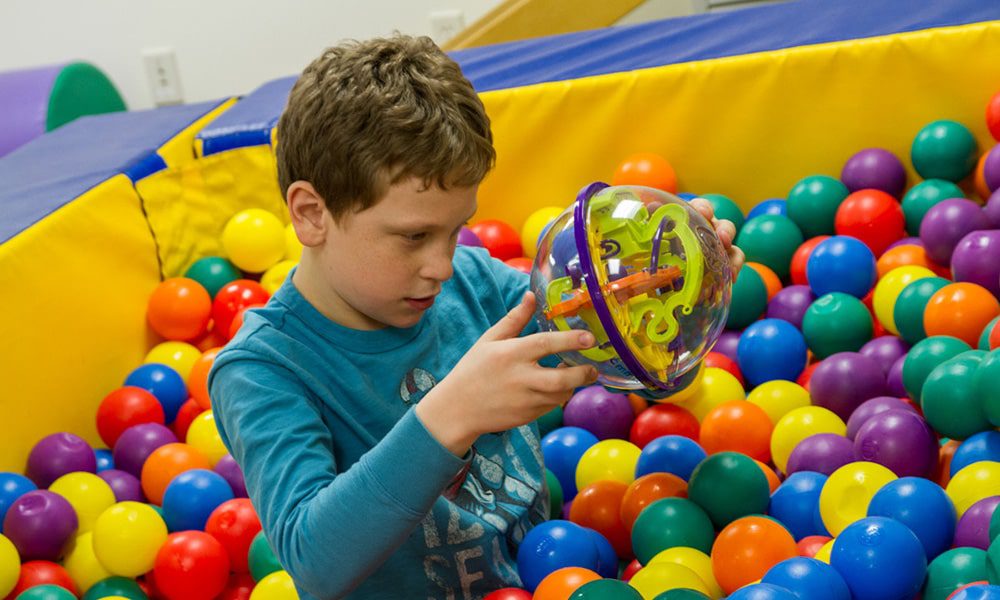As people continue to turn to technology to enhance their lifestyle, there are phone apps that can help in virtually any function today. There are different apps that can do anything from helping you to stay fit, to helping you to maintain a good diet. Physical therapy has not been left behind and there are numerous tools that can help therapists to do their jobs more effectively. The tools are helpful for different functions from patient, student, and staff education to clinical uses and many more. Following are just a few of the top apps that most physical therapists would love.
1. Muscle & Bone Anatomy 3D
This great app shows a patient’s functional anatomy. Using the tool, the therapist can view the body. The app comes with appropriate labels and the user can control the body in 3D. There are quizzes to test the user’s anatomy knowledge as well as thirty pages of information on bones and muscle. The app allows the user to watch animated muscle groups performing specific actions. The app that is compatible with iPad is also available on Android.
2. Visible Body
The Visible Body app contains more than 600 muscles and 200 bones, as well as over 2000 points of attachments. This resource is great for students and staff as they are able to learn more about these body parts. Users can review muscle origin, nerve and body supply and insertion. This iOS app is useful for those who want to access a wide range of information.
3. Core: Clinical Orthopedic Exam
This iOS app is a useful tool that can help therapists to find specific exams, tests, and outcome measures that are necessary to reach accurate and objective diagnostic conclusions. The app helps when treating different musculoskeletal and orthopedic disorders. Physical therapists can get the information that they need to help their patients.
4. Goniometer
This clinical use app is accurate and easy-to-use. The app helps to take digital measurements of angles and to ensure that the object rotates to specific positions. Many physical therapists love this app due to its ease of use. By placing an iPhone next to the joint that you want to measure you can drag the arms using your finger to match the anatomical alignment, giving you the angle of the prominences.
5. Dexteria Jr
This app helps physical therapists when it comes to fine motor treatments. The tool helps toddlers and young patients to develop motor skills that are often compromised when they have different medical conditions. By using hand therapy, the young patients are able to perform difficult actions. This iOS compatible app is great for physical therapists who work with children.
When choosing phone apps to help in physical therapy, it is important to choose tools that are easy to use. These are just some of the apps available out there but there are tools that help in different ways whether you are looking for information or you want a tool to perform specific functions. The paid tools are worth the investment for any therapists who want the advanced features.



